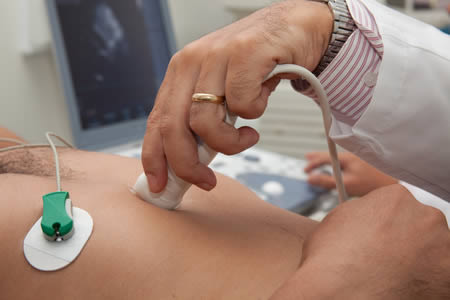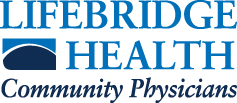 Echocardiograms are simply ultrasound pictures of the moving heart. These tests are done by a specialized technician and allow us to view the heart including its function (how strong or weakened it is), the heart valves, and whether they are restricted or are leaky. We can measure internal pressures the heart is subject to. We can also measure the size of all the heart chambers and may be able to localize where in the heart particular problems may be occurring. Echoes also allow us to compare function and heart valve integrity over time to follow a particular problem a patient may have.
Echocardiograms are simply ultrasound pictures of the moving heart. These tests are done by a specialized technician and allow us to view the heart including its function (how strong or weakened it is), the heart valves, and whether they are restricted or are leaky. We can measure internal pressures the heart is subject to. We can also measure the size of all the heart chambers and may be able to localize where in the heart particular problems may be occurring. Echoes also allow us to compare function and heart valve integrity over time to follow a particular problem a patient may have.
What to expect
These tests are non-invasive and without known risk. There is no pain associated with the test. The technician will ask you to lie on an exam table, remove your shirt and he will then place a gel on the probe (which looks like a microphone) to best direct the ultrasound waves to your heart. He will then be able to video the images of your heart for review later. During the exam you will be able to hear a swooshing sound as flow across each and every one of your valves is measured and recorded.
What is seen and measured
Heart function: The overall function of the heart’s main pumping chamber, the left ventricle, is measured and recorded in the form of an ejection fraction. Normal ejection fraction is 60-65%.
Valves- There are 4 valves in the heart with the most important valves being the Aortic and Mitral valves. Through echocardiography, we can determine if any valve is restricted ( stenotic), or is leaking (regurgitant). We can determine with pinpoint accuracy how severely stenotic or regurgitant these valves are and follow them over time to guide therapy.
Other valuable information- we can determine if a patient has pulmonary hypertension (elevation of blood pressure in the lungs) which can contribute to cardiac complaints, or whether there is an internal blood clot requiring blood thinner.
What echoes cannot do
Although, heart damage from a previous heart attack can be identified, we cannot see the coronary or heart arteries that may be responsible for causing chest pain or whether chest pain may be coming from the heart. The most effective tests to help with this problem are one of the stress tests (exercise stress test, nuclear, PET, stress echo).



